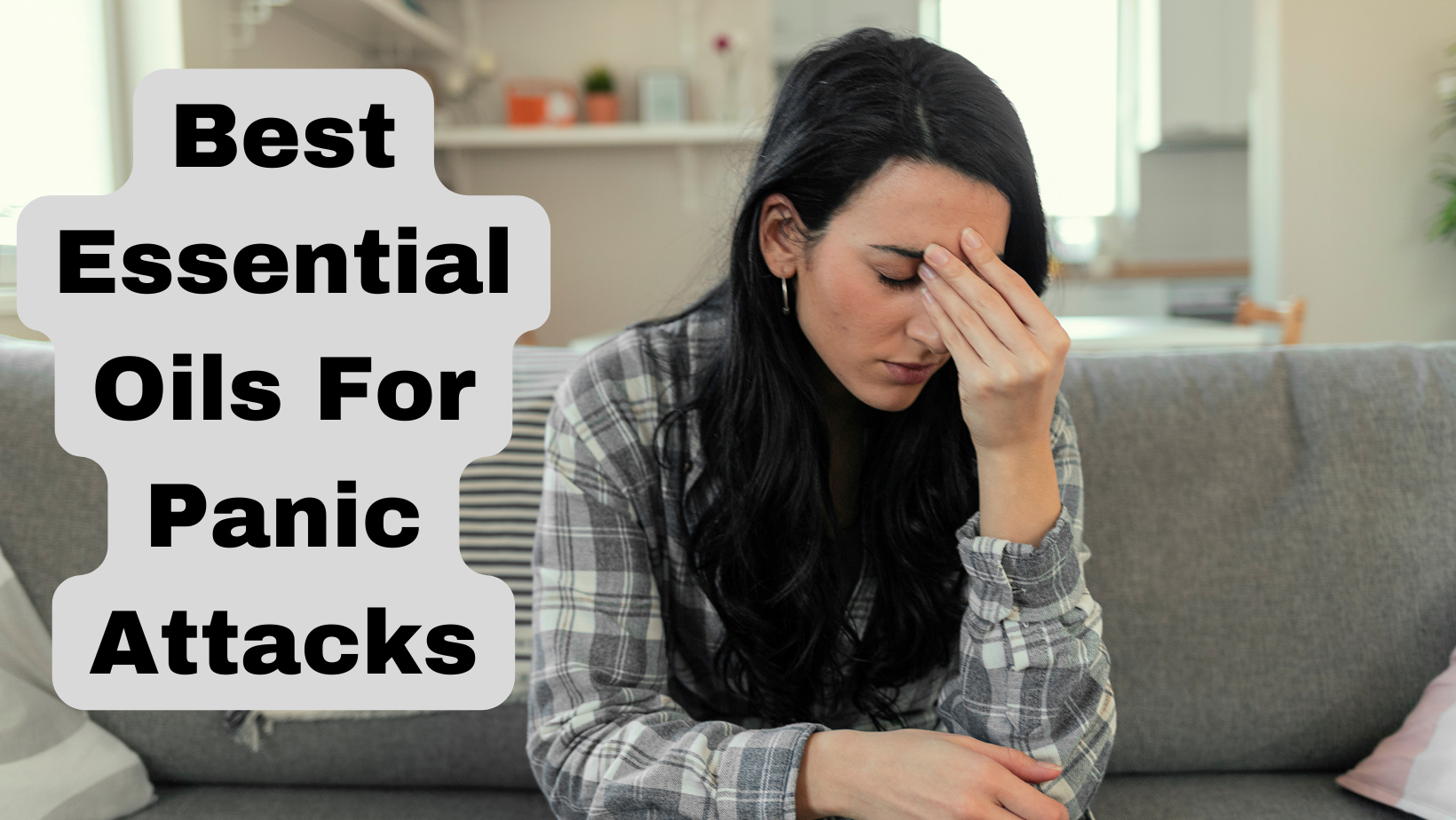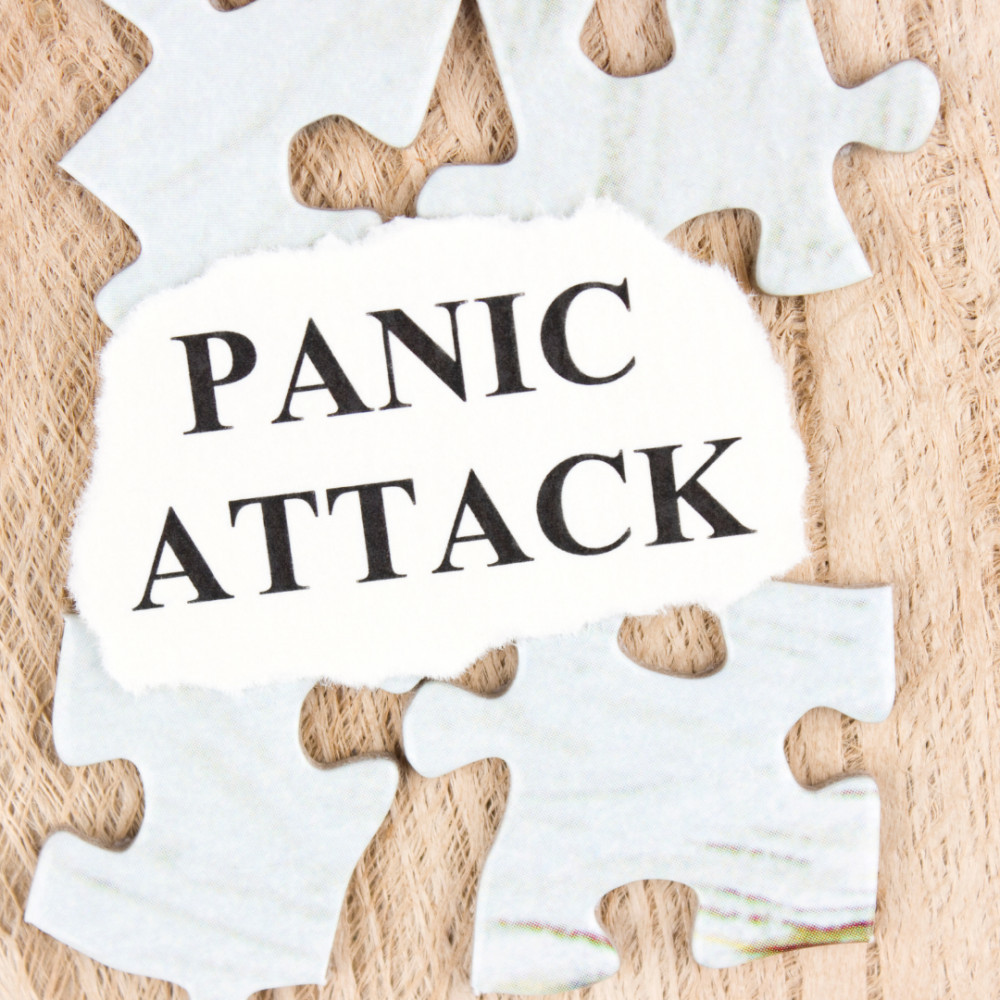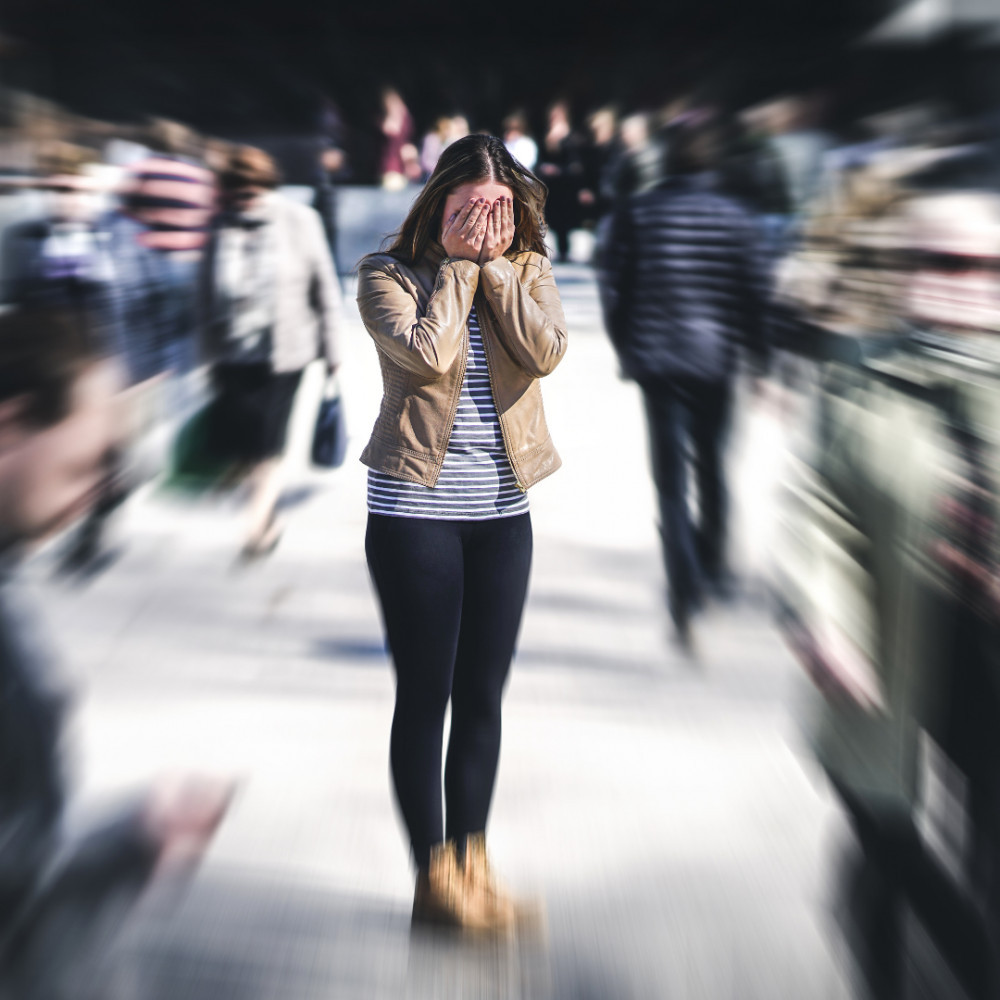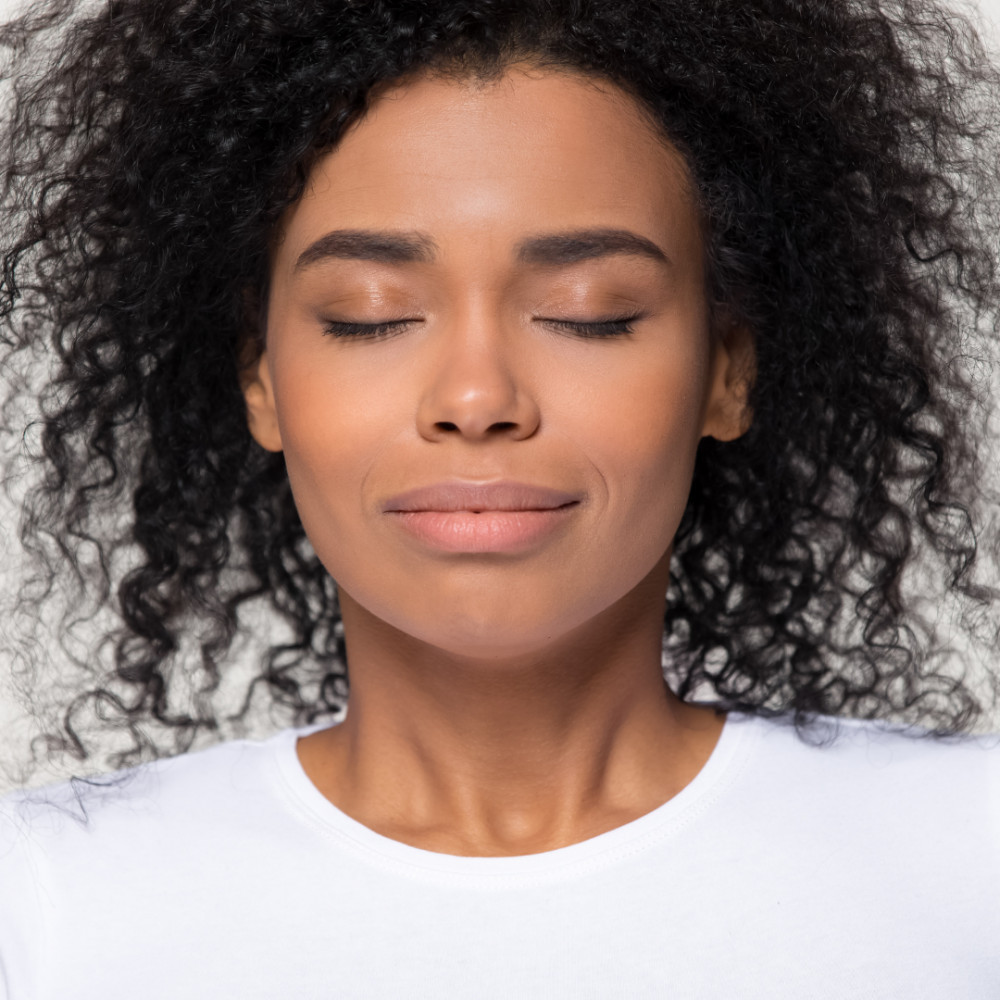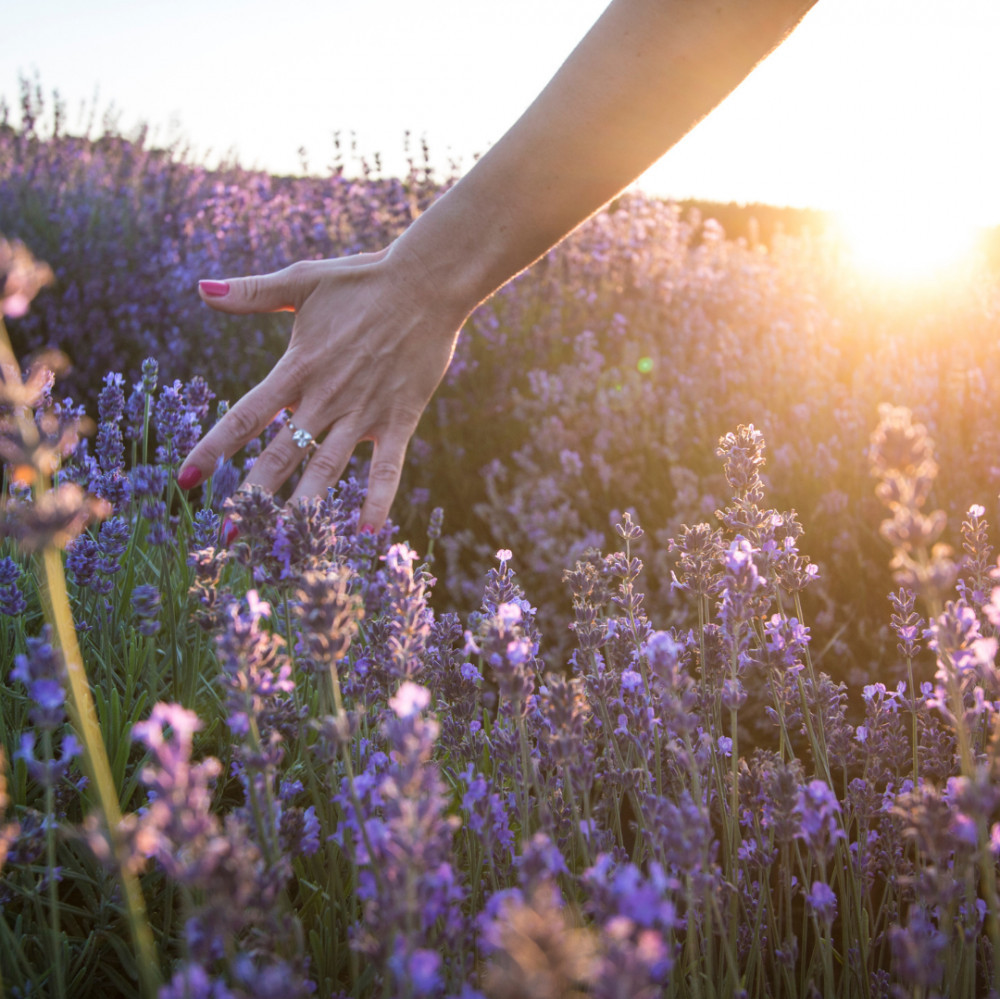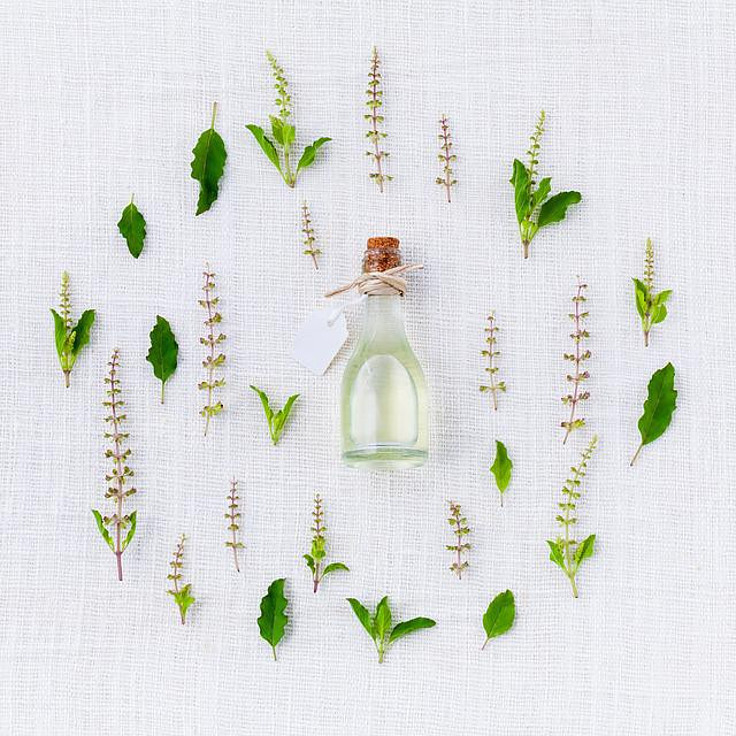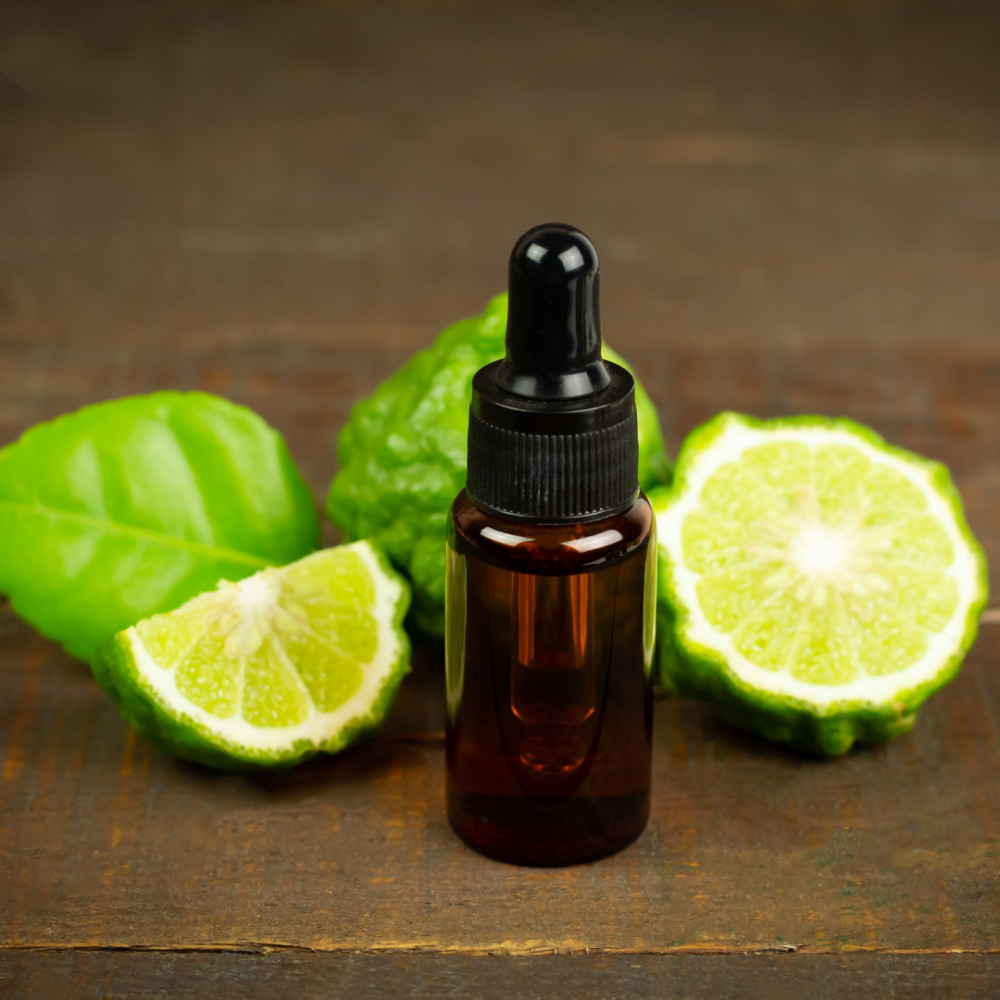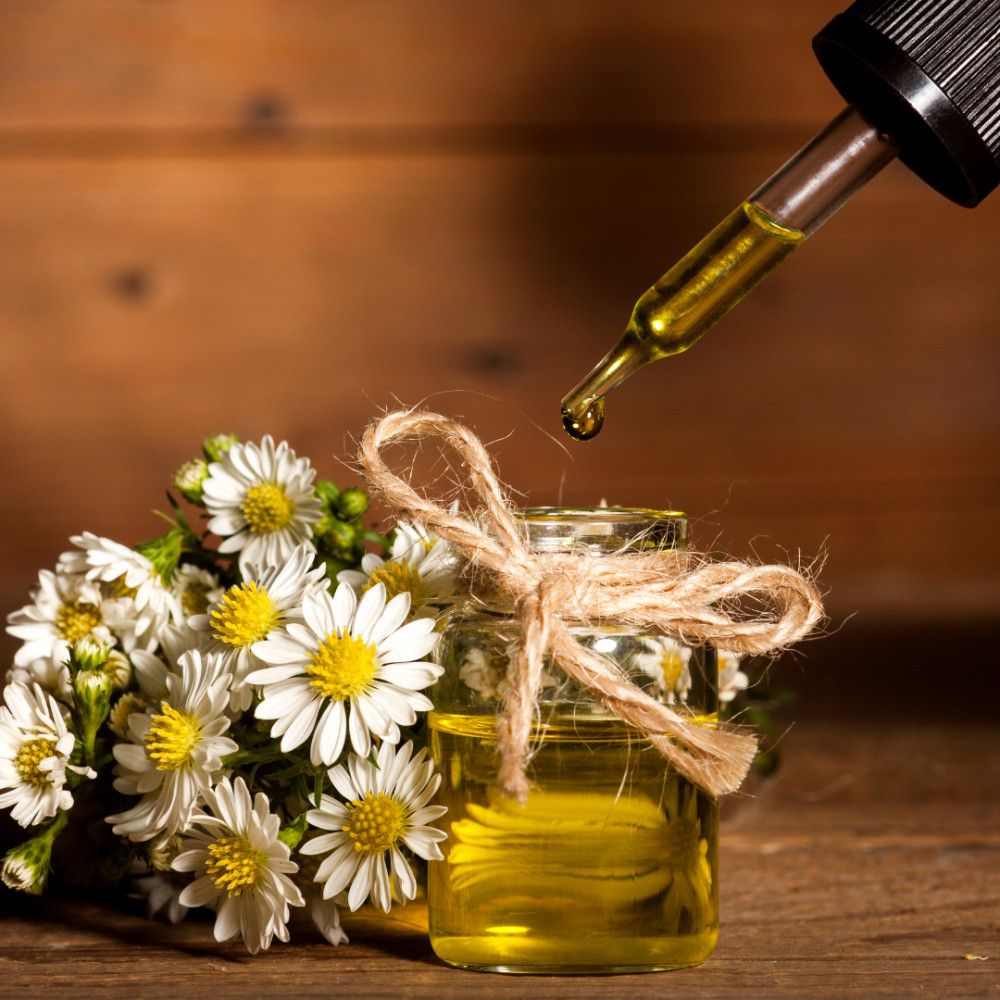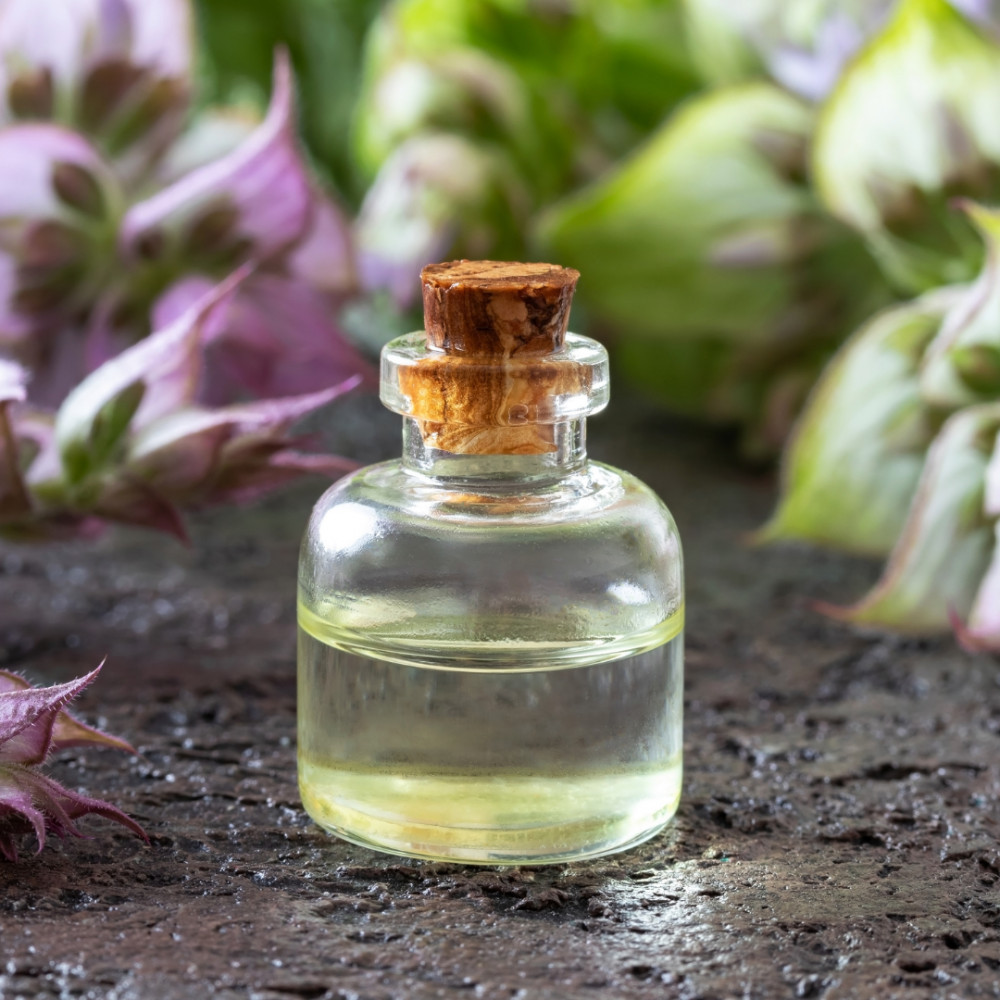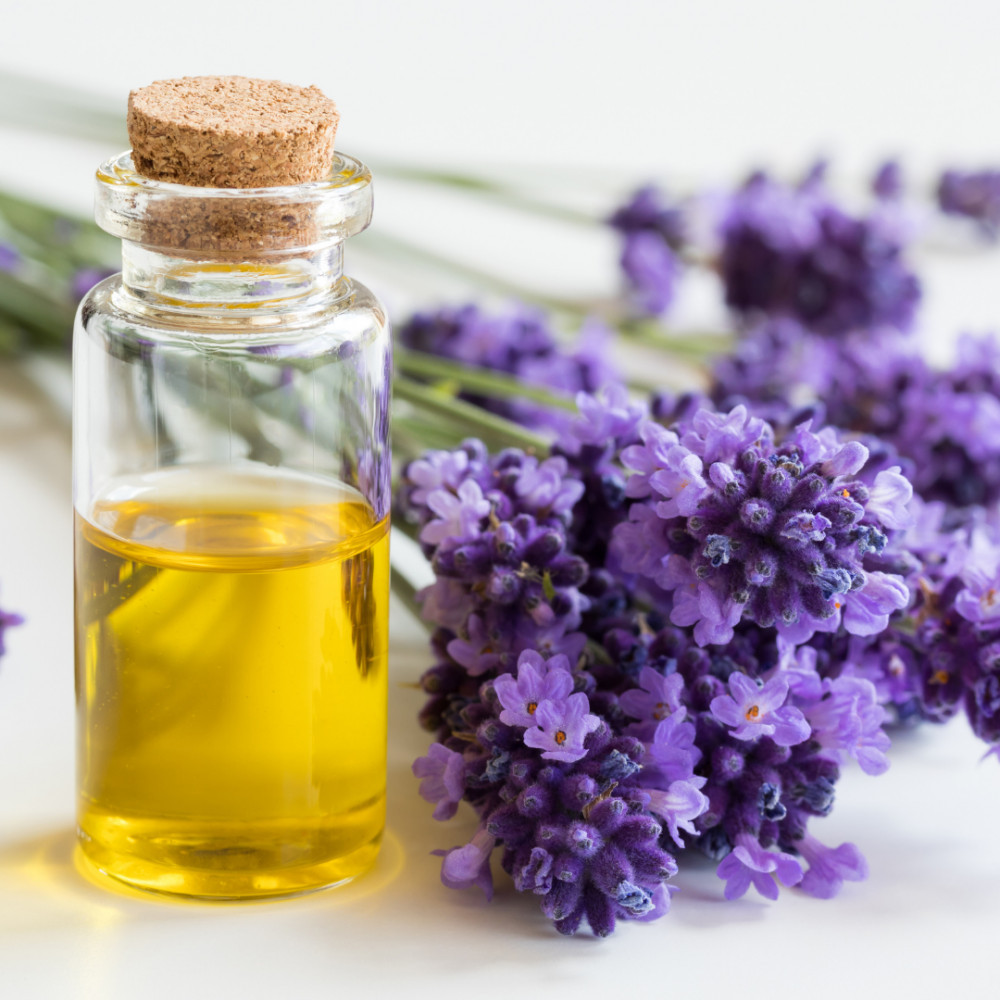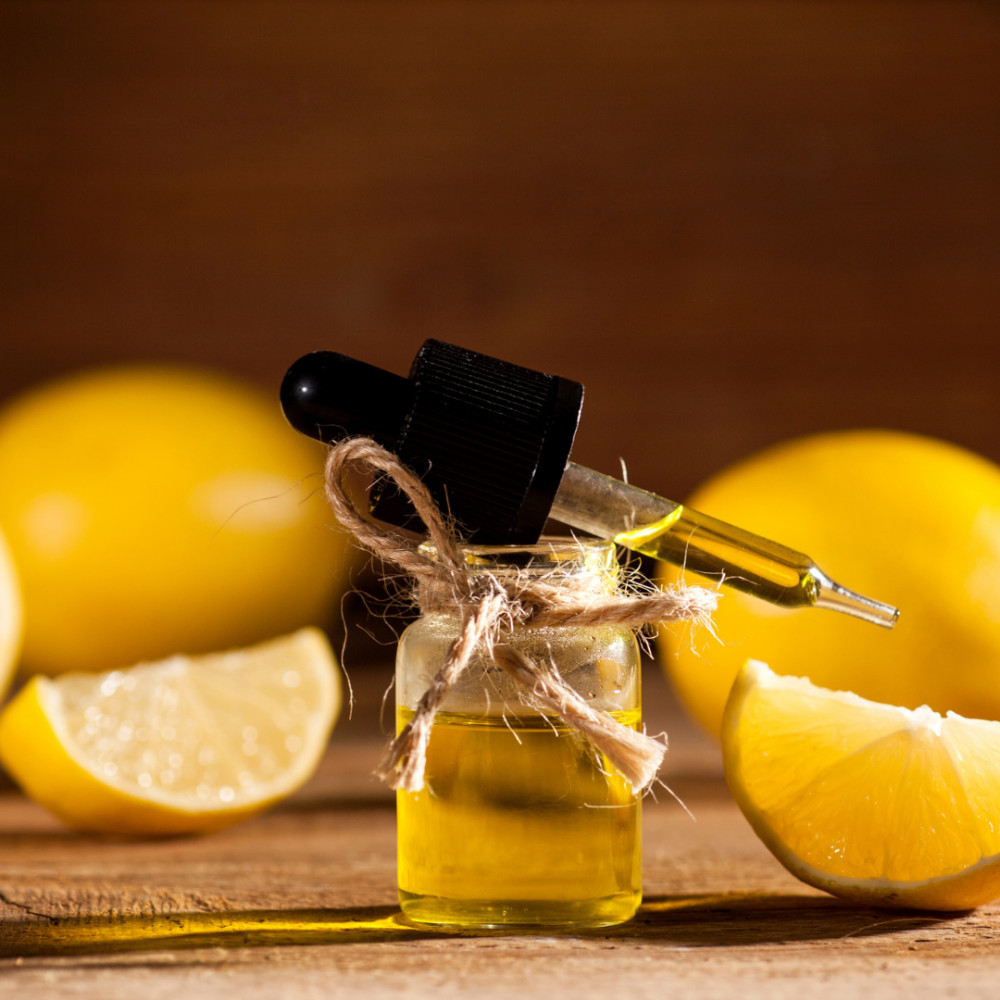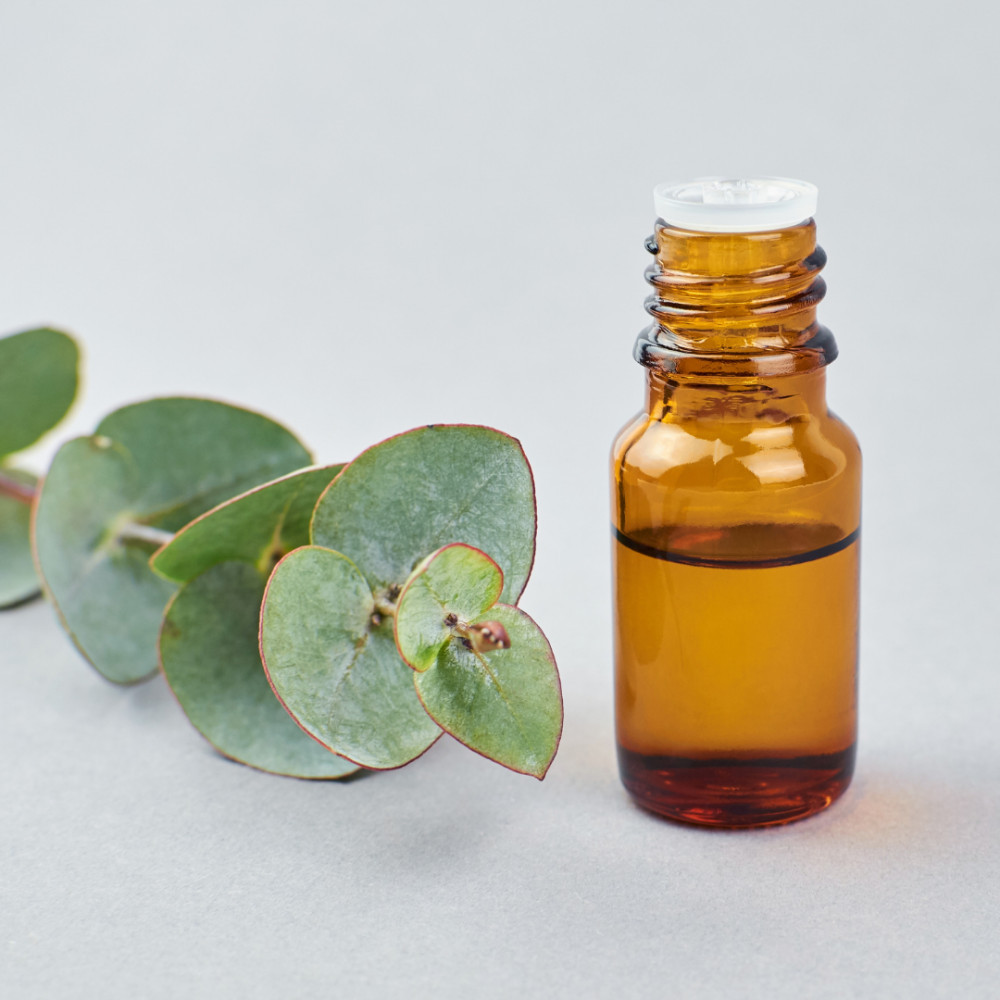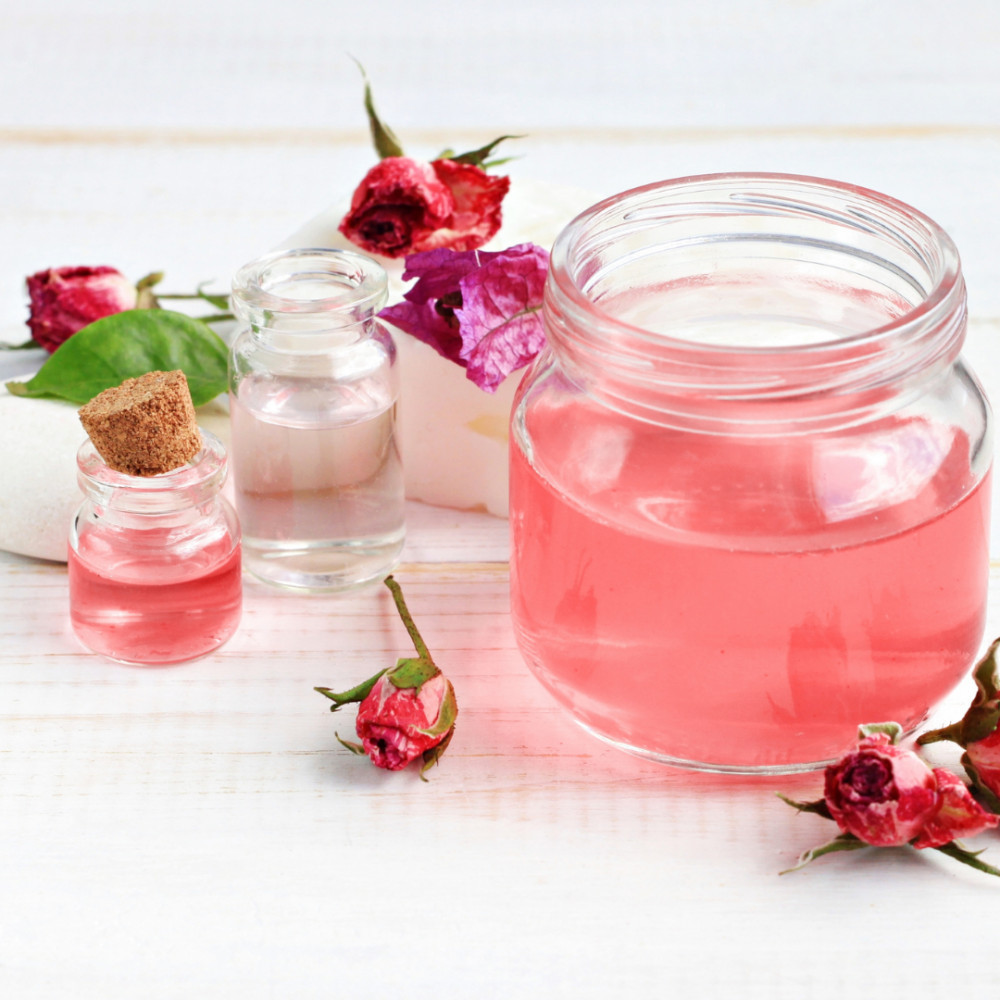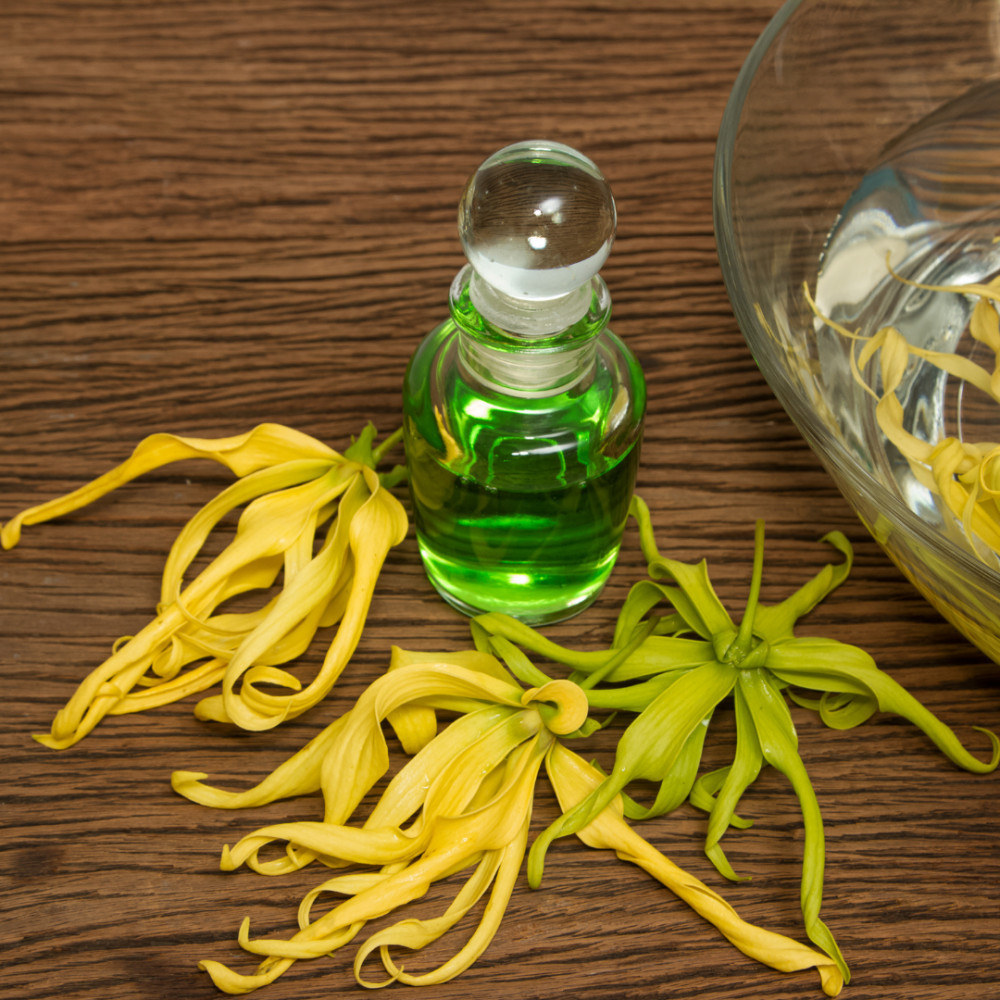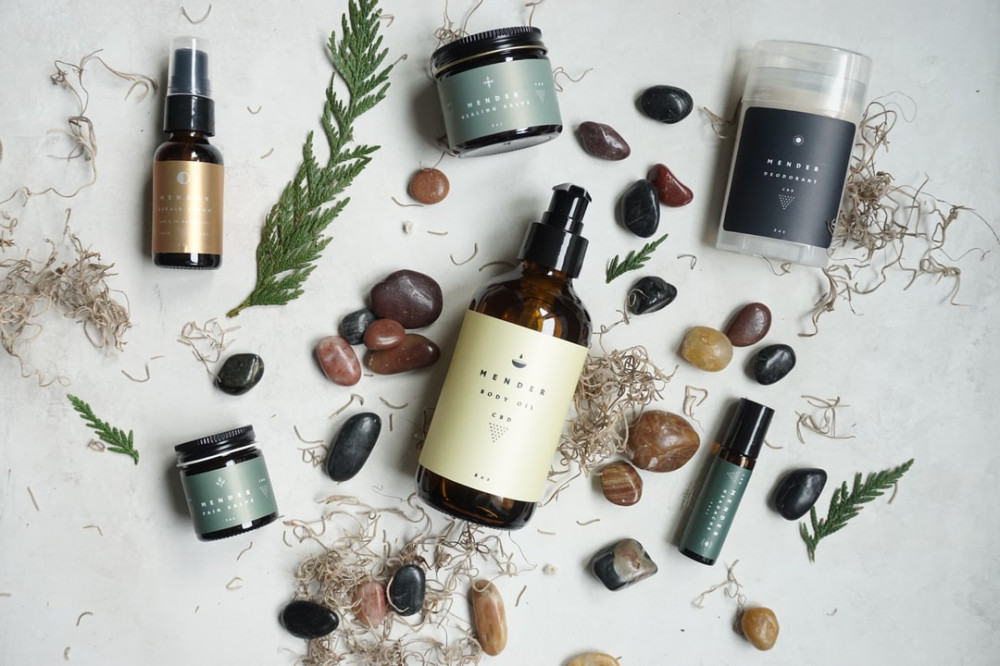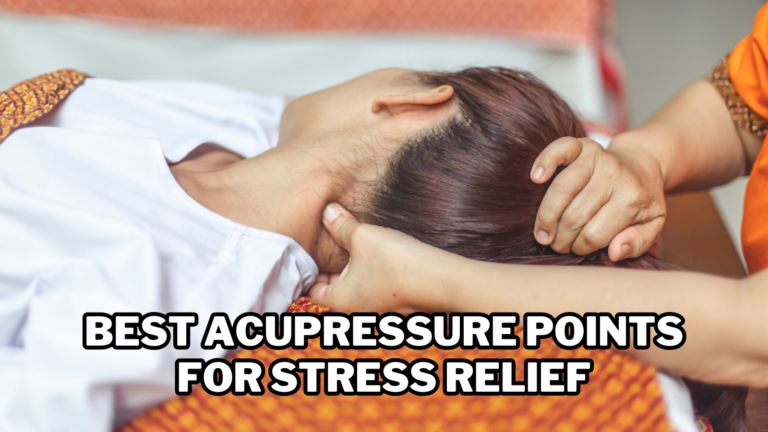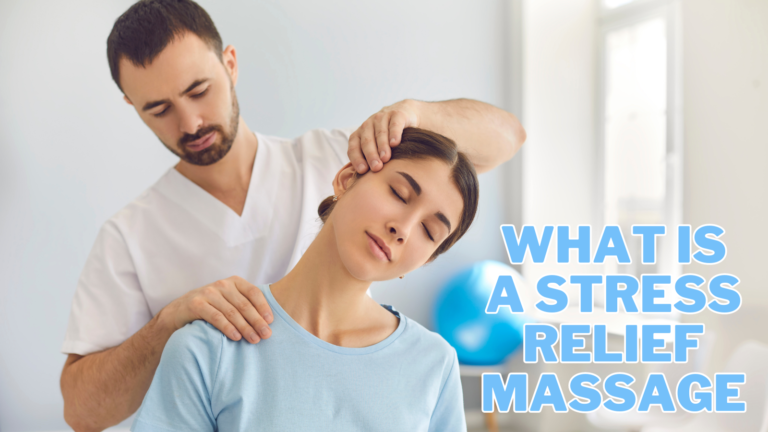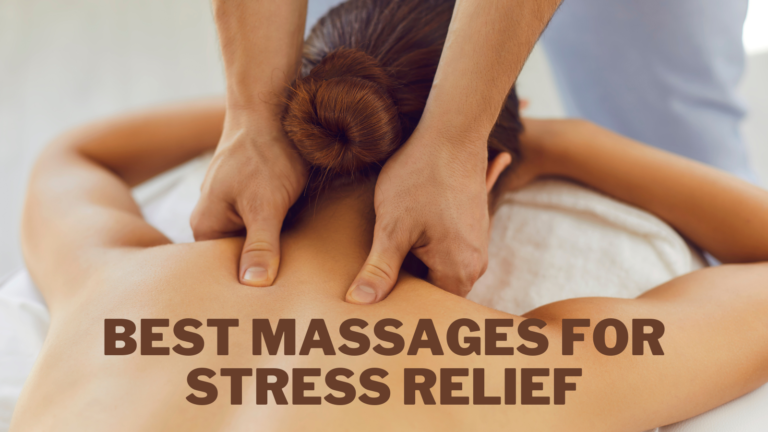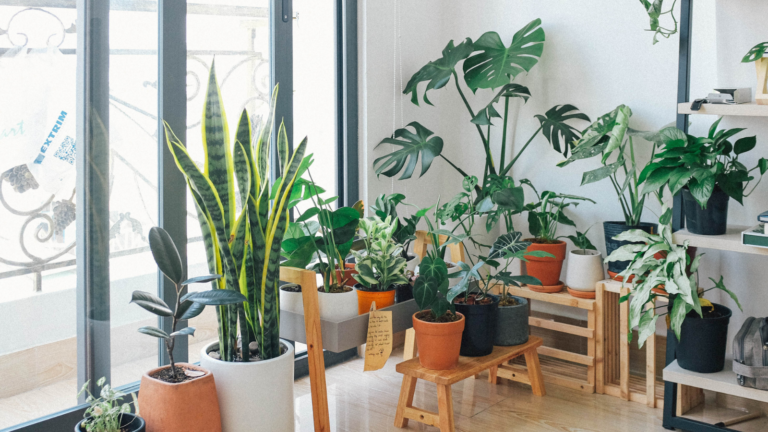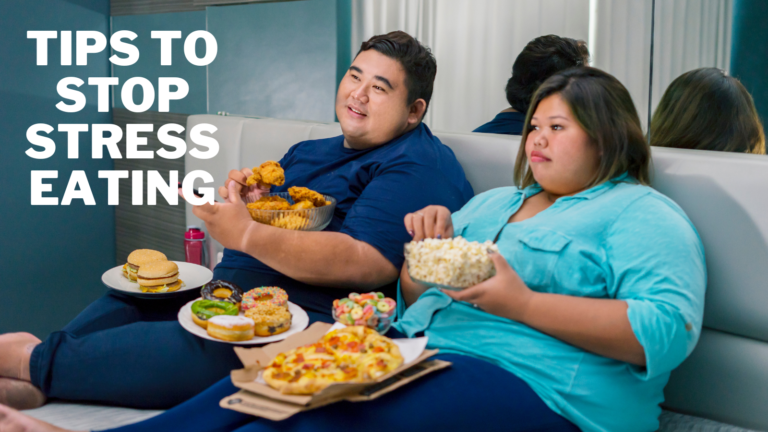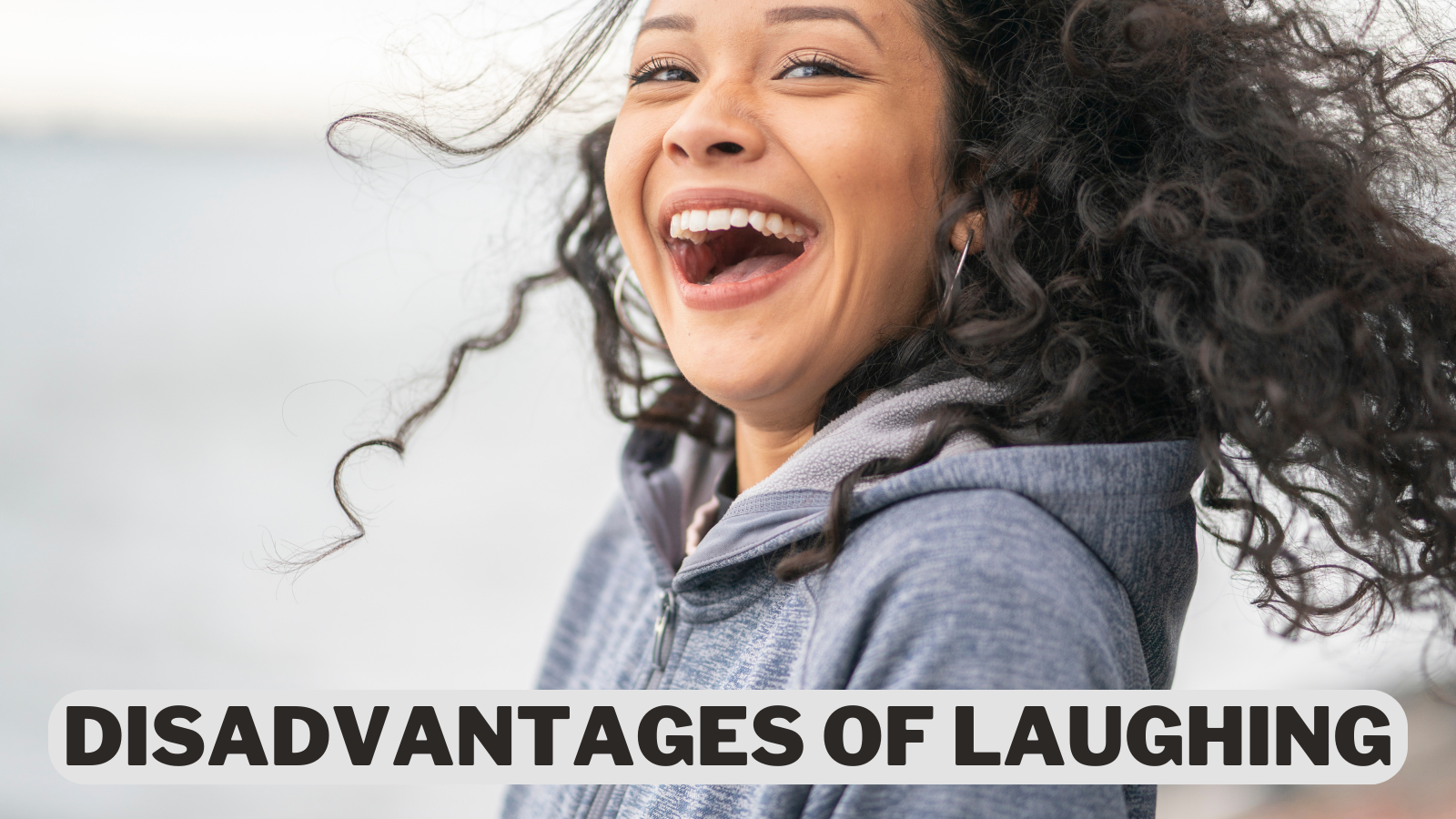Best Essential Oils For Panic Attacks
Best Essential Oils For Panic Attacks
Anyone who has ever experienced a panic attack will tell you it is not a pleasant experience.
Sufferers experience perspiration, a racing heart, and shortness of breath. Many people believe they are weak, out of control, and doomed.
Doctors can prescribe medication to assist in lessening the beginning of episodes. They can also give drugs to calm a person down during an attack.
Therapy might assist victims in addressing the causes of their panic attacks. Is this, however, sufficient?
Essential oils are increasingly being used to treat panic episodes. Aromatherapy is a recognized kind of complementary therapy, particularly for panic attacks. Certain smells can alleviate tension and dread while also improving one's mood.
What Are Panic Attacks
When there is no real danger or apparent reason, a panic attack is a sudden bout of acute terror that generates severe physical reactions.
Panic episodes can be terrifying. When panic attacks occur, you may fear losing control, having a heart attack, or dying.
Panic attacks are unreasonable sensations of dread and concern that physically emerge as a racing heart, fast breathing, and sweat.
Because they fear these episodes, some people develop panic disorder, an anxiety illness. Panic attacks can be avoided with treatment and anti-anxiety medications.
You can mistakenly believe you're experiencing a heart attack, and some of the symptoms are identical.
However, most persons who suffer panic attacks have previously experienced one prompted by a similar event or setting.
A panic attack's chest pain usually stays in the mid-chest area (the pain of a heart attack commonly moves toward the left arm or jaw).
Rapid breathing, a racing heart, and dread are all possible symptoms. Panic attacks come and go quickly, leaving you drained.
Symptoms Of Panic Attacks
Panic episodes typically occur abruptly and without warning. They can occur while driving, shopping at the mall, sleeping, or at a business meeting. You may get panic attacks once in a while or regularly.
There are several forms of panic attacks, but the symptoms usually peak within minutes. After a panic attack episode, you may feel fatigued and worn out.
Some of the following signs or indicators are frequent in panic attacks:
- A feeling of impending catastrophe or peril
- Fear of losing control or dying
- The heart rate is racing and thumping.
- Sweating
- Shaking or trembling
- Shortness of breath or throat tightness
- Chills
- Flashes of heat
- Nausea
- Cramps in the abdomen
- Chest ache
- Headache
- Feeling dizzy, lightheaded, or faint
- Feelings of numbness or tingling
- A sense of unreality or alienation
The continual anxiety of having another panic attack is one of the most difficult components of experiencing one. You can be so terrified of panic attacks that you avoid situations where they could occur.
How Long Do Panic Attacks Last?
Panic attacks are usually short, lasting less than ten minutes, though some symptoms may last longer. While a panic episode is exceedingly unpleasant, it is neither rare nor life-threatening.
Panic attacks can be a marker of other anxiety disorders, and persons who have had one panic attack are more likely than those who have never had one to have another.
Panic attacks are not the same as panic disorder. You may have panic disorder and are concerned about having more.
Causes Of Panic Attacks
Experts are baffled as to why certain people suffer from panic episodes or disorders. Your brain and nervous system influence how you perceive and deal with fear and anxiety. If you have any of the following, you're more likely to suffer panic attacks:
- Genetics
- Major stress
- Temperament that is more sensitive to stress or prone to negative emotions
- Certain changes in the way parts of your brain function
Panic attacks can occur suddenly and without warning at first, but certain situations typically trigger them over time.
According to some studies, panic episodes are caused by your body's normal fight-or-flight response to danger. Your body will react automatically if a grizzly bear is charging at you. Many of the same reactions occur during a panic attack episode.
How To Control Panic Attacks
Panic episodes can be frightening, and they can strike unexpectedly. Here are 10 tips for preventing or managing panic attacks. Some may be of immediate assistance, while others may be of longer duration.
1. Consult A Therapist
People suffering from panic attacks or panic disorders may benefit from cognitive-behavioural therapy (CBT) and other forms of psychotherapy.
CBT seeks to modify the way you think about difficult or frightening situations and help you build new coping abilities when they arise.
CBT is offered for individuals or groups, in-person or online, and the length of therapy varies. Your therapist will expose you to everything that might trigger a panic attack and assist you in working through it using exposure-based CBT.
2. Take Your Meds As Prescribed
To relieve panic symptoms, benzodiazepines such as alprazolam (Xanax) might be administered. They will not help with an underlying anxiety condition and can quickly develop into addiction.
As a result, physicians only recommend utilizing them for a short time during a crisis. Because benzodiazepines are prescription medications, you will probably need to be diagnosed with panic disorder to obtain them. A doctor may prescribe antidepressants for long-term usage in specific instances.
3. Use Deep Breathing
While hyperventilation is a sign of panic attacks that can heighten terror, deep breathing can help alleviate panic symptoms during an attack.
In a 2017 study, 40 patients were randomly assigned to either a deep or diaphragmatic breathing therapy group or a control group.
Those who practiced deep breathing exhibited increased concentration and emotional well-being after 20 rigorous training sessions.
Blood testing revealed that this group had lower cortisol levels, indicating less stress. Although none of the participants had panic disorder, the tactics could benefit those who suffer from panic attacks.
If you can control your breathing, you're less likely to experience hyperventilation, which can exacerbate other symptoms — and the panic attack itself.
4. Recognize That You Are Having A Panic Attack
You may convince yourself that you're having a panic attack rather than a heart attack by remembering that it's temporary, that it will pass, and that you'll be OK.
Remove the fear of dying or approaching doom, which are signs of panic attacks. This will free up your time to concentrate on other methods of symptom relief.
Although avoiding panic attack triggers is not always feasible, knowing what they are might help you recognize that you are experiencing a panic attack and not something else.
5. Close Your Eyes
Overwhelming emotions might cause panic attacks in certain people. A panic attack might be aggravated if you are in a fast-paced, high-stimulation setting.
Close your eyes during a panic attack to reduce the intensity of the symptoms. This may assist you in focusing on your breathing by filtering out distracting inputs.
6. Practice Mindfulness
Being mindful might help you become more aware of your environment. Because panic attacks can generate a sensation of detachment or separation from reality, you can utilize this to help you manage while your panic attack approaches or happens.
Focusing on the present moment, realizing your current emotional state, and meditating to reduce stress and relax are all examples of mindfulness.
- You are concentrating on the current moment.
- Recognize your current emotional condition.
- Meditating relieves tension and allows you to unwind.
Pay attention to common physiological sensations like sinking your toes into the ground or feeling the texture of your jeans on your palms. These particular feelings anchor you in reality and provide you with something to focus on.
Mindfulness techniques, such as meditation, can help control anxiety symptoms, though it's unclear whether they can treat an underlying anxiety disease.
7. Find A Focus Object
During a panic attack, some people find it beneficial to locate something to focus their full attention on. Choose one visible object and write down everything you can about it.
You might note, for example, how the clock's hand twitches and is somewhat uneven when it ticks.
Describe the object's patterns, colour, forms, and size to yourself. Concentrate all your attention on this object, and your panic sensations may disappear.
8. Use Muscle Relaxation Techniques
Anxiety is characterized by muscular tension, and practicing muscle relaxation techniques during an episode can help reduce tension and induce calm.
Progressive muscle relaxation attempts to relax the entire body by simultaneously relaxing one set of muscles.
For example, deep breathing and muscle relaxation exercises can help you terminate a panic attack by allowing you to control your body's response to the greatest extent possible.
Begin at home by deliberately relaxing one muscle at the moment, starting with something basic like your fingers in your hand and working your way up through your body. Muscle relaxation methods will be more helpful if you have previously practiced them.
9. Picture Your Happy Place
Stress and anxiety can be reduced through guided visualization techniques. According to studies, spending time outdoors and picturing nature might help lessen and manage anxiety.
What is the most relaxing spot in the world you can think of? What could be more relaxing than a sunny beach with gently crashing waves? Do you wish to rent a mountain cottage?
Imagine yourself there and pay close attention to the details. Consider sliding your toes into soft sand or smelling the fragrant scent of pine trees.
No matter how much you like New York or Hong Kong streets in person, this area should be peaceful, tranquil, and relaxing.
10. Keep Lavender On Hand
Many individuals use lavender as a traditional cure to help them relax and relieve tension.
According to research, it provides a relaxing effect but does not promote dependence or withdrawal symptoms. Anxiety symptoms can be reduced or managed using diluted lavender oil items.
Essential oils, on the other hand, are not regulated by the Food and Drug Administration (FDA), and their strengths and contents vary enormously.
If you use lavender essential oil, make sure you:
- Get your oil from a reputable source, such as a pharmacy.
- Follow the instructions for use.
- Avoid applying concentrated oil directly to the skin.
- Avoid using lavender with benzodiazepines because the combination can cause intense drowsiness.
Best Essential Oils For Panic Attacks
Essential oils are scented liquids derived from plants, flowers, and fruits by manufacturers. According to research, aromatherapy with some essential oils may aid in relaxation and anxiety relief.
1. Bergamot Orange Essential Oils For Panic Attacks
The Citrus bergamia tree produces bergamot orange essential oil. The oil is extracted by cold pressing the rinds of oranges. Bergamot orange is a popular anxiety-relieving aromatherapy oil.
Inhaling bergamot orange essential oil reduces anxiety in rats, according to a 2015 comprehensive study. In addition, a 2013 study found that aromatherapy with bergamot orange essential oil lowered anxiety in persons awaiting minor surgery compared to inhaling water vapour.
2. Chamomile Essential Oils For Panic Attacks
Chamomile is a flowering plant that looks like a daisy. Manufacturers extract a fruity, sweet-smelling essential oil from the flowers of this plant using steam distillation.
A two-week research trial examined the benefits of massage using Roman chamomile oil on cancer patients. Massage with this diluted oil was more effective than massage alone in reducing anxiety and other symptoms.
3. Clary Sage Essential Oils For Panic Attacks
According to several people, Clary sage is a medical herb with anti-anxiety effects. A small research published in 2013 explored the impact of essential oil on 34 females with urinary incontinence.
During a bladder examination, the individuals breathed clary sage, lavender, or essential almond oils. According to the study, participants who inhaled clary sage oil saw substantial blood pressure and respiratory rate reductions compared to those who inhaled lavender and essential almond oils.
According to the study, inhaling clary sage oil may help a person relax during a bladder examination.
4. Lavender Essential Oils For Panic Attacks
Lavandula angustifolia is a fragrant purple-blooming plant with purple flowers. Aromatherapists frequently utilize lavender essential oils, which they claim have anti-inflammatory, muscle-relaxing, and anxiety-relieving properties.
According to a 2017 study, several research trials show that aromatherapy with lavender oil might help decrease anxiety before surgery and aesthetic procedures, as well as during a stay in an intensive care unit.
According to traditional folk medicine, the scent of some plants might help to soothe the nerves. According to a new study, one aromatic chemical in lavender can reduce anxiety by activating the nose to send messages to the brain.
5. Lemon Essential Oils For Panic Attacks
The essential oil of lemon rind or leaf has a distinct citrus scent.
Maze experiments in rats and mice suggest that exposure to lemon oil may have an anxiety-relieving effect in these animals, according to a 2015 comprehensive review.
However, according to the research authors, another study indicated that constant exposure to lemon oil had the opposite impact on animals and may create a stressed response.
As a result, people may benefit from taking lemon oil in lower quantities or for shorter periods.
Citrus essential oils have also been shown to increase sensitivity to sunlight. When using a lemon essential oil, protect your skin from sun exposure.
6. Neroli Essential Oils For Panic Attacks
Neroli essential oil, commonly known as orange blossom essential oil, is produced from the bitter orange tree, Citrus aurantium. Manufacturers often extract the oil from the blossoms of this tree.
The oil has a nice citrus scent and may have anti-anxiety properties. According to a 2015 systematic review, evidence shows that neroli oil aromatherapy has a relaxing effect and can aid in treating insomnia.
7. Rose Essential Oils For Panic Attacks
Animal studies have revealed that essential oils isolated from rose bush petals can aid with anxiety therapy.
According to a 2015 comprehensive review, conflict tests and maze trials in mice suggest that essential oils from Rose centifolia and Rose damascene may have an anxiety-relieving or soothing effect in these animals.
8. Ylang-Ylang Essential Oils For Panic Attacks
Ylang-ylang essential oil is made from the blossoms of the Cananga odorata tree. Many aromatherapists feel that ylang-ylang oil might aid in treating anxiety and tension.
In a tiny 2015 research of 34 nurses, aromatherapy with ylang-ylang had no significant effect on anxiety, although it did boost participants' self-esteem.
Manufacturers produce essential oils, which are aromatic liquids taken from a range of plants. Many people find that using essential oils in aromatherapy may help them relax while relieving tension and anxiety.
However, most of the scientific evidence for essential oils' anxiety-relieving properties comes from animal research. Researchers must conduct further large-scale human studies to validate and better understand these findings.
Before using essential oils, they must be diluted in a suitable carrier oil. Because oils can cause skin irritation or allergic reactions in some people, they should be tested on a small patch before being applied to larger areas.
Conclusion
Essential oils are aromatic liquids derived from a wide range of plants. Many feel that using essential oils in aromatherapy can help promote relaxation and relieve stress and anxiety.
On the other hand, animal studies offer the majority of the scientific evidence supporting essential oils' anxiety-relieving properties. More large-scale human studies are required to validate and better understand these results.
It is vital to dilute essential oils in a suitable carrier oil before using them. Oils should be evaluated on a small skin patch before being applied to larger areas since they might cause skin irritation or allergic reactions.
I trust you enjoyed this article on the Best Essential Oils For Panic Attacks. Please stay tuned for more blog posts to come shortly. Take care!
JeannetteZ
>>>Please click here to read my all-inclusive article about Lessons That Will Teach You All About Stress<<<
Your Opinion Is Important To Me
Thoughts? Ideas? Questions? I would love to hear from you. Please leave me your questions, experience, and remarks about this article on the Best Essential Oils For Panic Attacks, in the comments section below. You can also reach me by email at Jeannette@Close-To-Nature.org.
Disclosure
This post may contain affiliate links. I earn from qualifying purchases as an Amazon Associate and other affiliate programs. Read my full affiliate disclosure.
You might also enjoy these blog posts:
Understanding Mental Health In The Workplace
How To Use Meditation For Better Sleep

